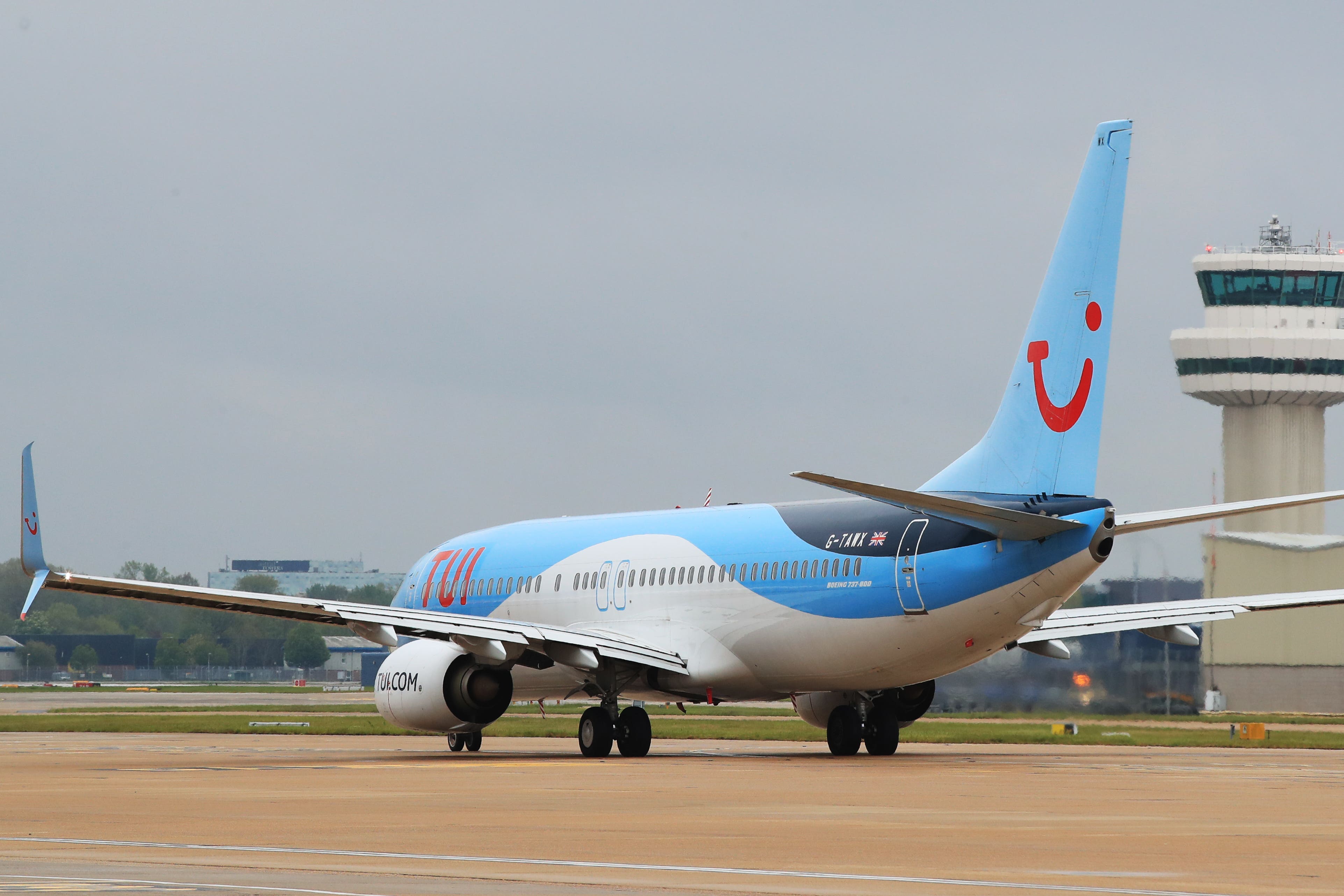Holiday giant Tui considers ditching London stock market listing
The German-based company said investors have questioned whether a London Stock Exchange listing is ‘optimal and advantageous’.

Holiday giant Tui has revealed it is considering ditching its London stock market listing following pressure from shareholders.
The German-based firm said it had been approached by investors over whether a London Stock Exchange (LSE) listing was still “optimal and advantageous” for the firm.
Tui – which has its main listing in London and a secondary listing in Frankfurt, Germany – said that in the past four years there had been a “notable liquidity migration from UK to Germany” in its share ownership.
It is now considering delisting from the LSE and switching its prime listing to Germany’s MDax market, which is the index below the Dax.
The group is proposing to hold a shareholder vote on the plans at its annual general meeting on February 13 next year.
The plans would need the support of at least 75% of investor votes to be passed.
If given the go ahead, it would be the latest blow to the London stock market after UK chip company Arm Holdings listed its shares in New York earlier this year, while Paddy Power owner Flutter is expected to switch its primary listing to the US having recently announced a secondary listing there early next year.
Packaging firm Smurfit Kappa has confirmed it is moving its primary listing to the US and polling firm YouGov also said earlier this year it was reviewing a possible US listing.
Tui said: “In light of the views expressed by shareholders and any further feedback from shareholders, the executive board is currently considering, if an upgrade to a prime standard listing in Frankfurt with MDax inclusion and a delisting from the London Stock Exchange would be in the best interest of shareholders.”
The group’s chief executive, Sebastian Ebel, said the proposals had “no political background” and were not as a result of Brexit, adding that the British travel market “is the most important market for us”.
Tui also revealed that 75% of its shares are currently traded in Germany, saying a single listing there would be simpler and have “potential benefits to European Union airline ownership and control requirements”.
The firm has a £2.9 billion stock market value and is listed on the FTSE 250 Index.
It came as the holiday giant revealed that annual earnings more than doubled after record sales and rising prices, and the group expects another 25% leap in operating profits over the year ahead.
It said underlying earnings soared 139% to 977.2 million euros (£836.7 million) in the year to September 30 as revenues hit an all-time high of 20.7 billion euros (£17.7 billion) – “significantly” higher than before the pandemic.
It posted pre-tax earnings of 551.2 million euros (£471.9 million) against losses of 145.9 million euros (£124.9 million) the previous year.
Tui said it expects underlying earnings to jump by at least a quarter over 2023-24, with sales set to increase by another 10% at least.
But in a sign that there will be little respite for travellers from higher holiday prices and air fares in 2024, the group said bookings for the winter season were up 11%, with average prices up 5%.
It added that early indicators so far point to a strong summer season next year, with bookings up 13% and prices 4% higher, though it said price increases were easing back for many destinations.
The firm also warned that its guidance for the year ahead comes amid “current macroeconomic and geopolitical uncertainties, particularly in the Middle East”.
It said it has seen a temporary slowdown in bookings to Egypt due to the war between Hamas and Israel.
Rival easyJet said last week that the Gaza conflict and threat to stability across the Middle East had affected bookings across the board in October and November.
Bookmark popover
Removed from bookmarks